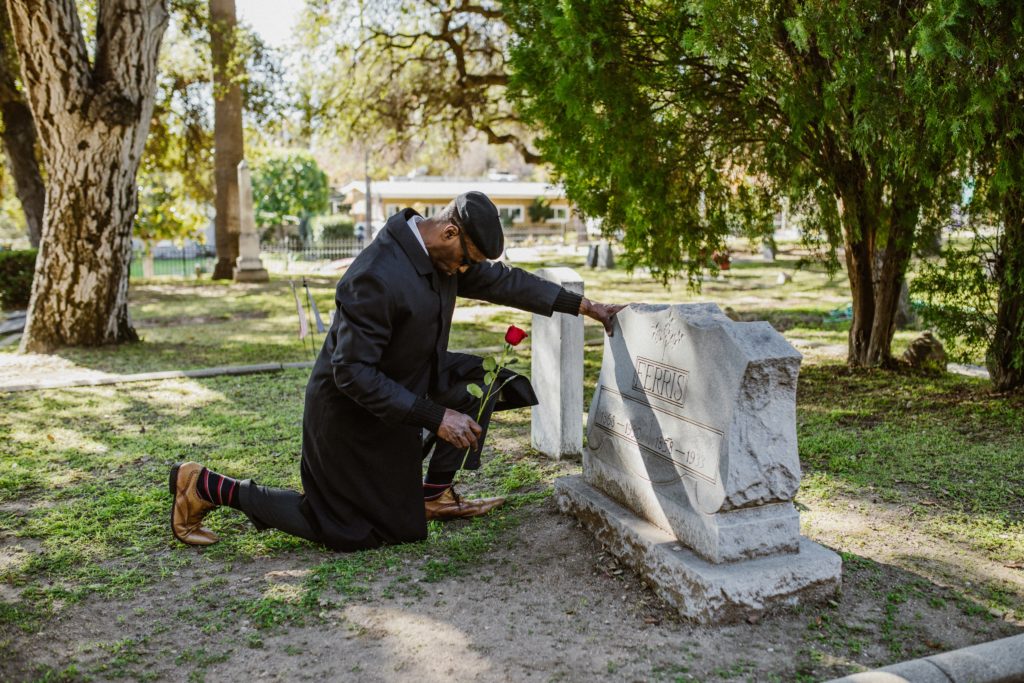
If you’ve known someone who’s had COVID-19, you may have also known someone who died from this coronavirus. Hundreds of thousands have died since January 2020, but your loved one was not just “part of the crowd.” Death of your cherished love one is life changing for you. What do you do with the grief?
Since nearly 750K people have died in the US alone from COVID, most of us have known someone who died. Some of us know several people who’ve died. And beyond COVID-19, many have died from heart disease, cancer, accidents, suicide, and scores of other causes. Starting in January 2020, few people are left who’ve been untouched by the loss of a loved one. The death of someone significant in your life leaves you empty, bereaved, even angry. And you’re left to do something with belongings, and find a way to move forward. Let’s talk about the grieving… grieving loss as the COVID saga drags on. Since death is part of life, grieving those we’ve lost is a very real part of living…
Stephanie walked along the walkway, mask firmly in place. She was armed with hand sanitizer in her purse, and a spare mask. She and her family had complied with the protocols for protection from COVID-19 all along. So much time alone in the house — so she’d learned to play music all the time so she wouldn’t feel so alone.

Text messages and phone calls filled in spaces through the day that would have otherwise felt like isolation, and overall, she was doing pretty well.
Her husband, Dan, had worked from home, but his company had been transitioning workers back at a rate of a handful a week. Today was his first day back in the building.
But, he came home feeling bad… aching and exhausted. Fever was 102.3. Now that was alarming.
She got him settled in bed, gave him some Tylenol, and started thinking. This was his first day. The coronavirus would not have already shown symptoms if he got it at work that day.
So where else had he been in the last week?
Nowhere. He’d been home. Who was he exposed to?
Oh wait. He’d gone across the street to borrow gas for the lawnmower. That took about 10 minutes. Surely not.
The more she thought about it, the more she realized she was right. He’d been at the neighbor’s house ten minutes. She decided to call over there to ask if anyone in the house is sick.
So she did, and wouldn’t you know… their son had gotten COVID at school. She felt sick. He wore his mask, used hand sanitizer, but still got the virus from someone at school. So… he brought it home. And in a quick ten minute visit, Dan was exposed.
Within 5 days, Dan’s breathing was alarmingly labored. Stephanie called 911 and Dan was rushed to the hospital. In ICU, he was quickly placed on a ventilator and IV medications were started.
For reasons that baffled Stephanie, her husband’s condition worsened fast.
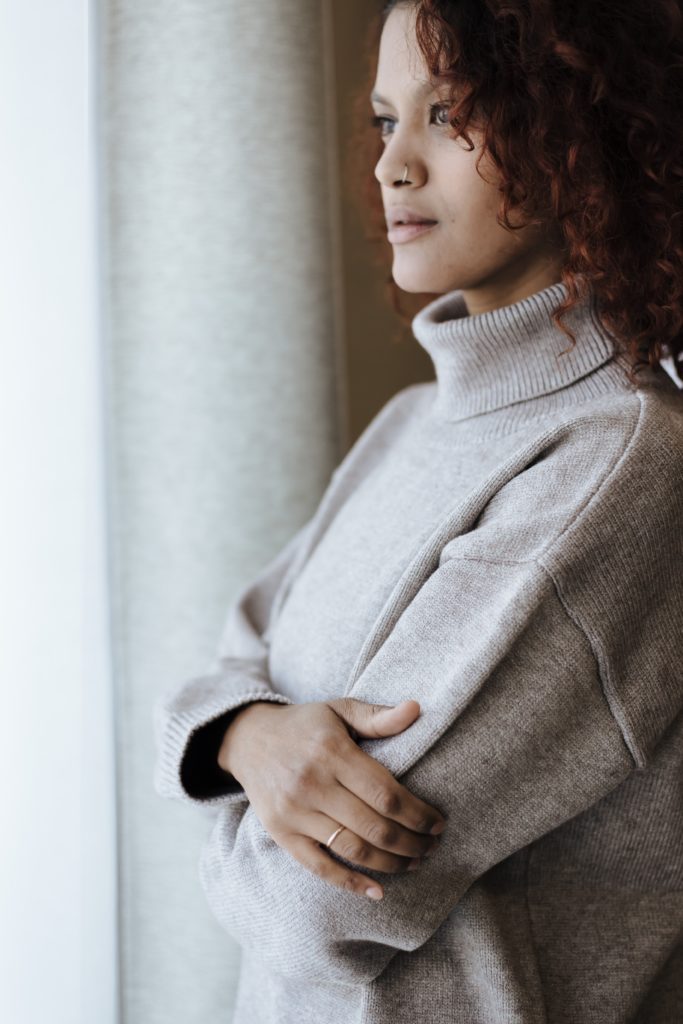
Dan died 3 days after his admission.
Stephanie and her son, Jacob, felt lost. In shock. Surely she would wake up and this would be a terrible dream.
Shock and denial engulfed her.
They went through the motions of moving Dan to the funeral home and making preparations. They arranged a memorial service over Zoom and let all Dan’s friends know when to tune in.
She didn’t want to see anyone, but knew she was grieving the loss as the COVID saga drags on. She had to pull herself together to respond — to her son, to their family, to their friends.
The tragedy was senseless. Heartbreaking. For a week or two, she felt like she was in a fog. She kept expecting Dan to walk through the door and tell her it was all a mistake. That he was fine.
But he didn’t walk through the door. And Stephanie was angry.
Eventually, as the reality sank in, Stephanie felt angry. Angry that Dan was gone, angry that he’d left her, angry she had to rear their son by herself. She found she was short tempered, irritable, quick to retaliate with clerks, the checkout person at the grocery store, her son, and her parents.
The longer that went on, the more she blamed herself for making life hard for her son, and others. She loathed herself for being unpleasant with everyone. But she was just so mad.
She felt guilty for snapping at those around her, and for Dan’s death. If only she’d been more helpful that day when he was mowing and ran out of gasoline.
She found herself bargaining.
How much better it would have been if she had taken the gas can in the car to the gas station and brought him home some gasoline. Then he would not have gone to the neighbor’s house. Maybe it would have saved his life…and they never would have even known he might have died. Their life would still be stable and good.
Why didn’t she? If only she had!!!!!!
She knew she was just grieving…grieving loss as the COVID saga continued…still it felt real. But so futile.
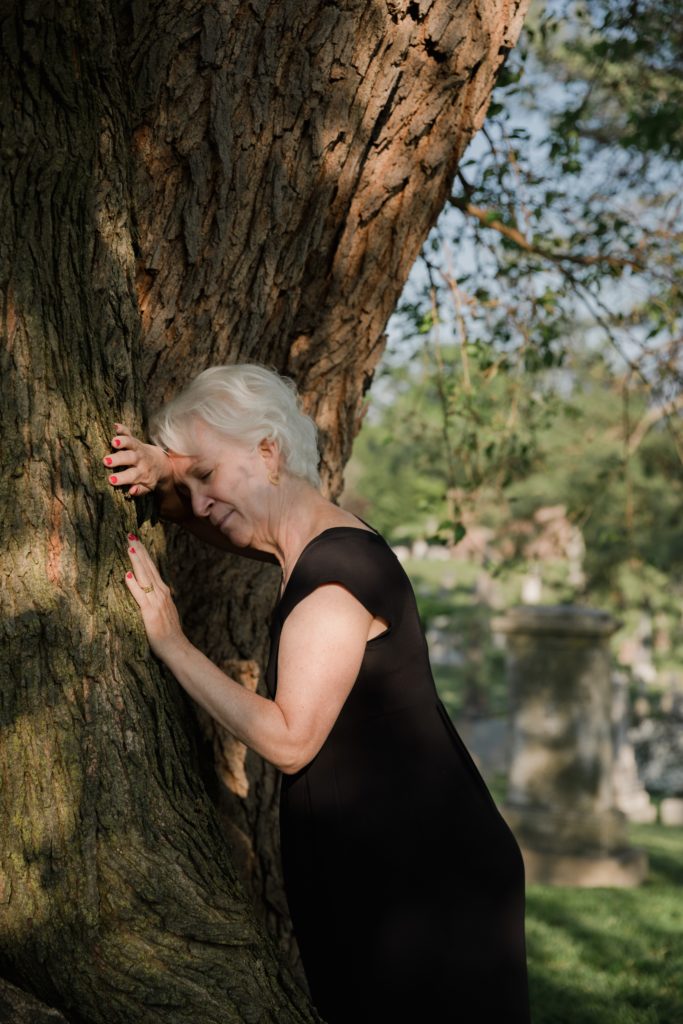
Was she being lazy..? What WAS she doing that day when Dan needed that gas?? If only she could bring him back. If only he was still alive….and life was normal.
If only…
Depression began to take hold
Stephanie found she lost interest in being with her friends. She just wanted to nap. She took her son to school, then went home and went to sleep. Life had lost its luster. The appeal was gone.
She had lived her life for Dan and Jacob. They were everything to her. All the things she used to enjoy — like watercolors, hiking, school board meetings…it was all so empty now. In fact, it was miserable. Anything that involved people made her feel like she was on display… the single mom, the woman whose husband died. She couldn’t bear being in that atmosphere so she didn’t go.
The days and weeks wore on. She tried to be cheerful for Jacob. She tried to talk to him and listen to him about his feelings of loss. But she didn’t feel she was very good at it because she felt so broken inside.
So she called in pizza, or Uber Eats — she didn’t have the energy to face cooking — and they ate and talked some, or she put on a movie they could watch together.
Grieving loss as the COVID pandemic continues… well, it takes its own path. Grief has a life of its own…
After a couple months of this, Stephanie began to see her situation in a new light.
Acceptance rises ….
Her thinking became more realistic when she thought about Dan’s death…more logical. And the more she looked at it all realistically, the better she felt. As if a lead blanket was lifting off her.
She heard someone say that the answer to “Why me?” is Why not me? That life is made up of good times and hard times. And this pandemic has made millions of people sick. Not just Dan.
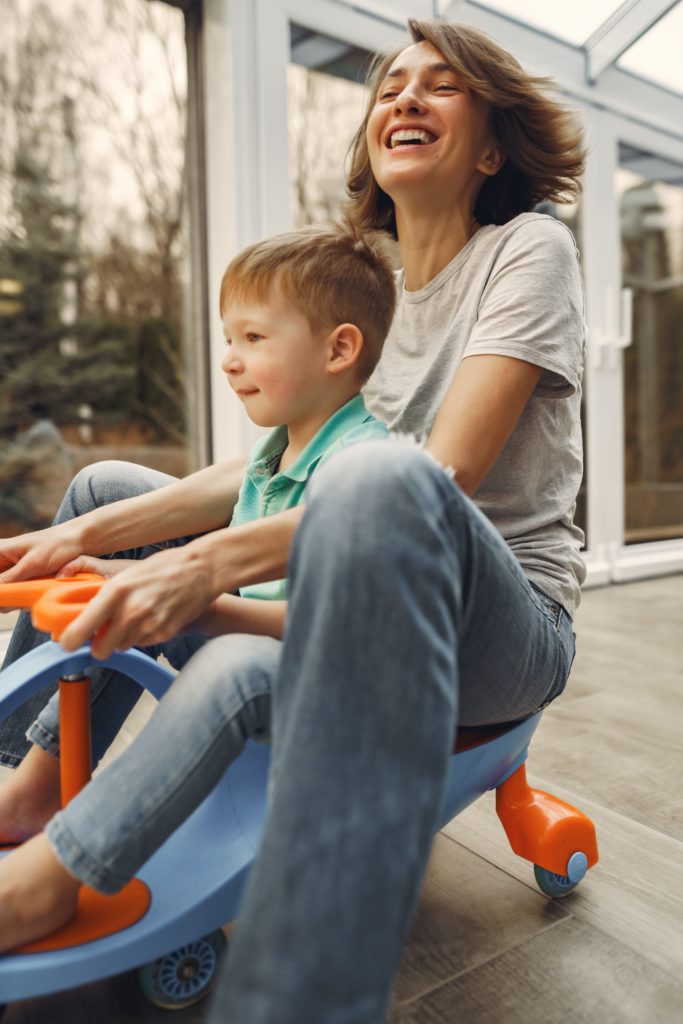
That hundreds of thousands of people have died in this country as a result. Including Dan. And just like her, hundreds of thousands of families are shattered because of loss. Not just Stephanie and Jacob. Of course, this was months after Dan died. It seemed that grief just had to take its course, but she felt she was beginning to see light between the clouds…
She could see there was no shame in grief. But she could also see she must not stay tied up in grief forever. She could see she needed to rise up, shower, dress, and take Jacob somewhere up lifting.
As the days and weeks passed by, and Stephanie dove into all the tasks she needed to tend to, she found she could feel the sunshine again. She felt hope beginning to bubble up inside her.
At times, a wave of grief would over take her and she had to excuse herself and sob over how much she missed Dan. But then it would subside, and she could function again, to some degree.
Have you lost a loved one during the pandemic? Do you find yourself in a swirl of confused emotion, and feeling guilty to boot?
Since depression can creep in and take over during grief, how long should you let the depression continue without seeking treatment?
You’ve probably guessed the answer… “It depends.”
Grieving loss as the COVID pandemic continues takes courage. But it’s not permanent.
If you find yourself stuck in grief that turns into depression for an extended period of time, say several months…and it’s not getting better… maybe you should consider IV ketamine treatment.
At Innovative Psychiatry, there is no magic cure for grieving a loved one. It’s something we each go through after a terrible loss from death or divorce, for example. And while there there is no official time stamp that determines when your grief should be complete, it is possible for you to get stuck in anger…or depression…and feel helpless to continue moving forward.
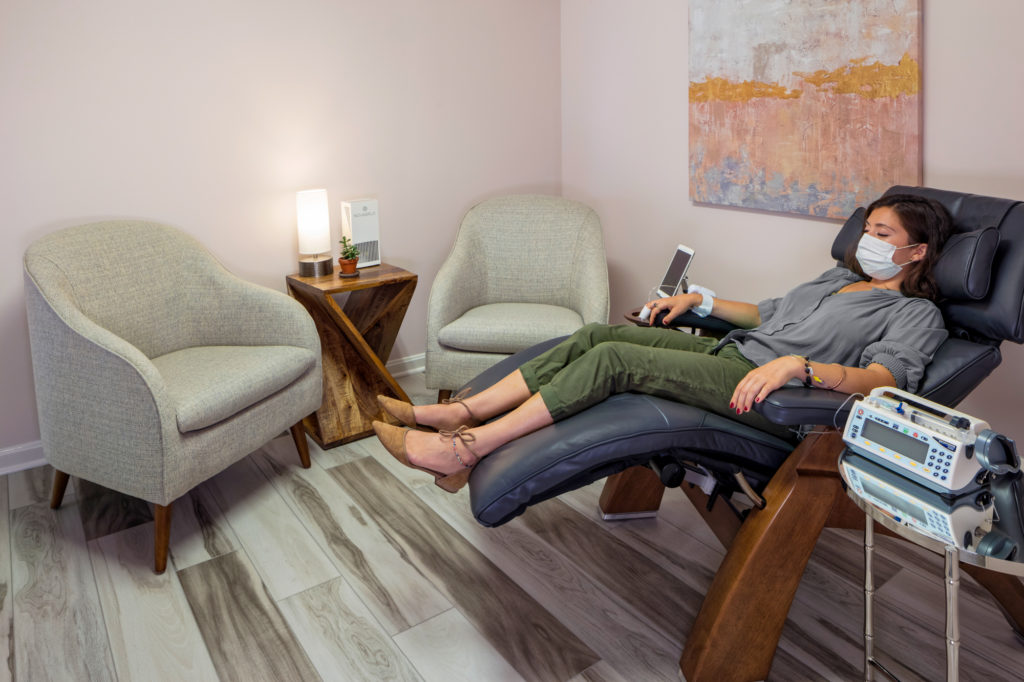
In addition, depression can become complicated with other problems like substance and alcohol misuse. IV ketamine can be a great help with those, and make it less difficult to move forward and reach the point of acceptance and peace with this loss.
We offer IV ketamine treatment for those who are candidates and would like to give themselves the best opportunity to get better. When you come for treatment, we’ll meet you at the door and take you straight to your private beautiful room where you can get comfy in your zero gravity recliner. You’ll be monitored with state-of-the-art equipment to so we can ensure you’re at your best during the infusion.
Feel free to bring a playlist (without words) that can run for about an hour and earbuds or headphones.
You’ll notice an elegant white box labeled Novaerus on the table. This unassuming box is quite a hero in our offices. Developed by NASA and the Department of Defense, this plasma cell technology is busy working 24/7 to destroy and remove from the air all the viruses, bacteria, and mold. So the air you breathe is fresh and cleaned continuously, and your lungs are not exposed to pathogens that cause disease. (All COVID variants included.) You can feel safe from infection when you come for treatment, and you can focus on getting the most from your infusion.
Grieving loss as the COVID saga drags on is challenging, but you will survive it.
Grief can be complicated. In addition to the loss of your loved one, the loss may include major changes to your life that also must be managed. Isolation. Loneliness. Perhaps reduced income. To manage difficulties you were unprepared to face, it helps to have the benefit of remission giving you a clear mind to address all you need to.
The loss of someone you care about can be devastating, but as you proceed with support through the stages of grief, and get treatment if you need it, you can recover, rise again, and move forward in your life.

To the restoration of your best self,
